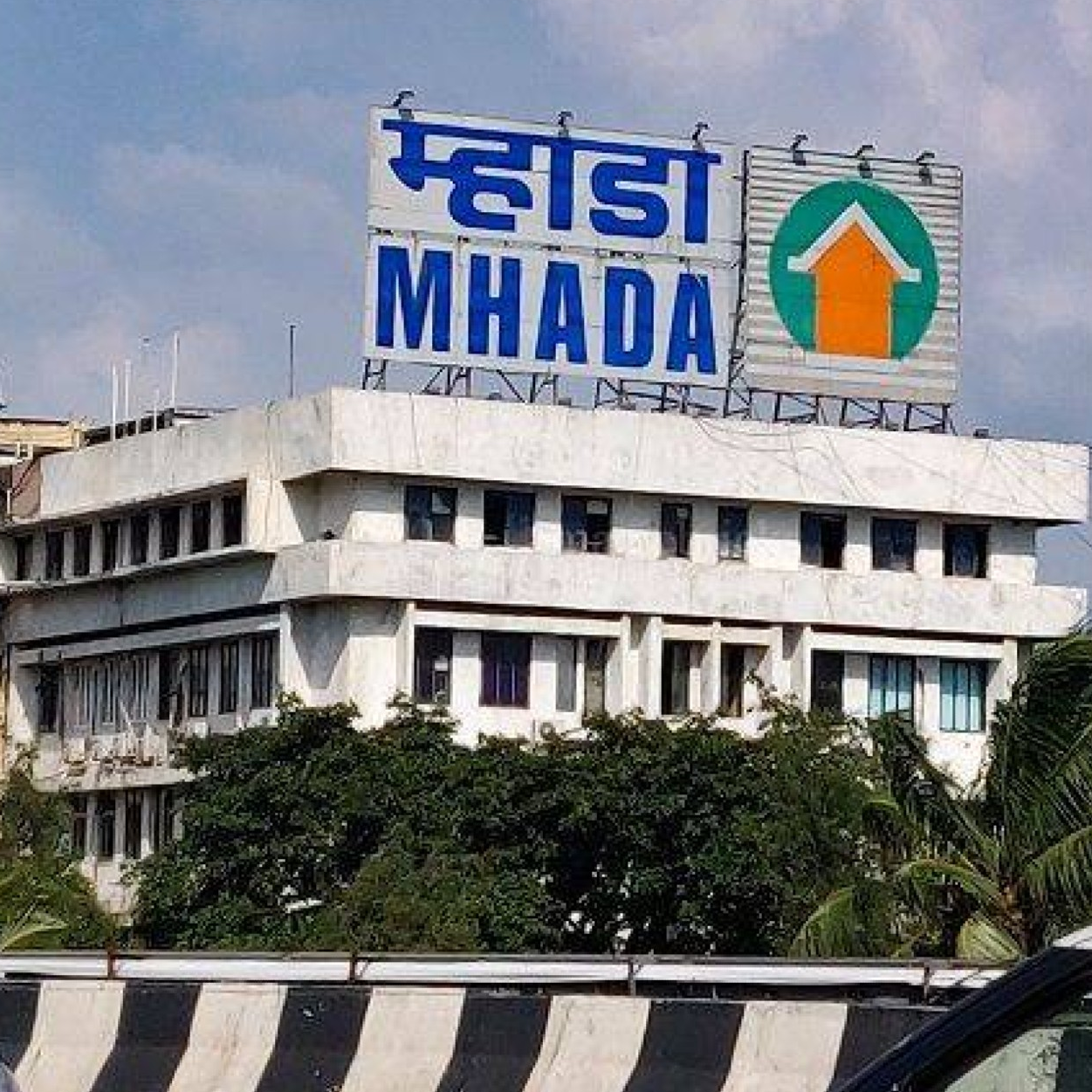
What the COVID-19 Centres Reveal About IAS Sanjeev Jaiswal — and the Perils of Post-Facto Outrage
The COVID-19 pandemic was one of the biggest global crises in recent history, pushing healthcare systems, governments, and administrators to their limits. Among the many officials handling this unprecedented challenge was IAS Sanjeev Jaiswal, who played a crucial role in setting up and managing COVID-19 care centers.
This blog explores his efforts, the controversies that followed, and why judging past decisions without context can be misleading.
The Efforts of Jaiswal in COVID-19 Management
During the peak of the COVID-19 crisis, Mumbai faced an overwhelming surge of cases. The existing healthcare infrastructure as insufficient, and urgent solutions were needed. Under Jaiswal’s leadership, massive COVID-19 centers were established to accommodate infected patients and provide necessary care.
Key Initiatives Led by Jaiswal
1. Jumbo COVID Care Centres: One of the most significant contributions was the setup of large-scale COVID care centers.
- The Dome COVID in BKC, Mumbai, had a capacity of over 2,000 beds and was set up in record time.
- Another major center at NSCI, Worli, had 1,500 beds, including 200 ICU units.
2. Quick Oxygen Supply Management:
- During May 2021, Mumbai was consuming over 500 metric tonnes of oxygen daily.
- Sanjeev Jaiswal coordinated emergency oxygen supply chains to prevent hospitals from running out.
3. Public-Private Collaboration:
- Partnered with private hospitals and companies to secure additional ventilators and ICU beds.
- Brought in volunteer doctors and nurses to support overloaded government hospitals.
The Immediate Impact of These Measures
- Over 25,000 COVID patients were treated in the first six months across these facilities.
- Death rates in Mumbai saw a decline of 12% within three months due to better patient management.
- Reduced hospital burden by 40%, ensuring non-COVID emergencies were still handled.
The Role of Media & Public Perception
While Jaiswal’s quick decision-making helped save thousands of lives, criticism surfaced after the pandemic slowed down.
Key Media Narratives
- Few journalists questioned the financial transparency of large COVID centers.
- The public started debating whether such massive efforts were truly necessary.
Were These Criticisms Justified?
It’s important to understand that pandemic management requires worst-case scenario planning. Having more beds than needed was better than running out—as seen in cities like Delhi, where patients struggled to find hospital space.
The Dangers of Post-Facto Outrage
1. Hindsight Bias in Crisis Management
People often judge past decisions with the benefit of hindsight, forgetting that in the heat of the crisis, officials had to act quickly with limited information.
2. Unfair Reputation Damage
- Public officials like Jaiswal, who worked tirelessly, later faced unwarranted scrutiny.
- Many administrators fear making bold decisions in the future due to the risk of backlash.
3. Political & Media Influence
- Some criticisms were politically motivated, attempting to highlight alleged failures instead of acknowledging successes.
- Selective reporting created a negative perception among people who weren’t aware of the real-time challenges.
Lessons for Governance & Crisis Management
1. The Need for Real-Time Evaluation
Instead of criticizing efforts post-pandemic, real-time audits and evaluations can help in decision-making without demotivating administrators.
2. Transparent Communication with the Public
- Regular updates on why resources are being allocated in a particular way can reduce future backlash.
- Example: Singapore’s government actively communicated the reasons behind each restriction and healthcare decision, reducing post-pandemic criticism.
3. Encouraging Proactive Leadership
Officers like IAS Sanjeev Jaiswal should be encouraged, not discouraged, for taking decisive action in crises. If they fear criticism after the fact, many might hesitate to take necessary but bold steps in future emergencies.
Conclusion: A Fair Perspective
While no crisis response is perfect, it is undeniable that Sanjeev Jaiswal’s decisions helped save thousands of lives.
Instead of indulging in post-facto outrage, the focus should be on learning from the pandemic and improving future crisis responses. Recognizing the efforts of officials who worked relentlessly is crucial—because the next time a crisis strikes, we need leaders willing to make tough calls in real time.


